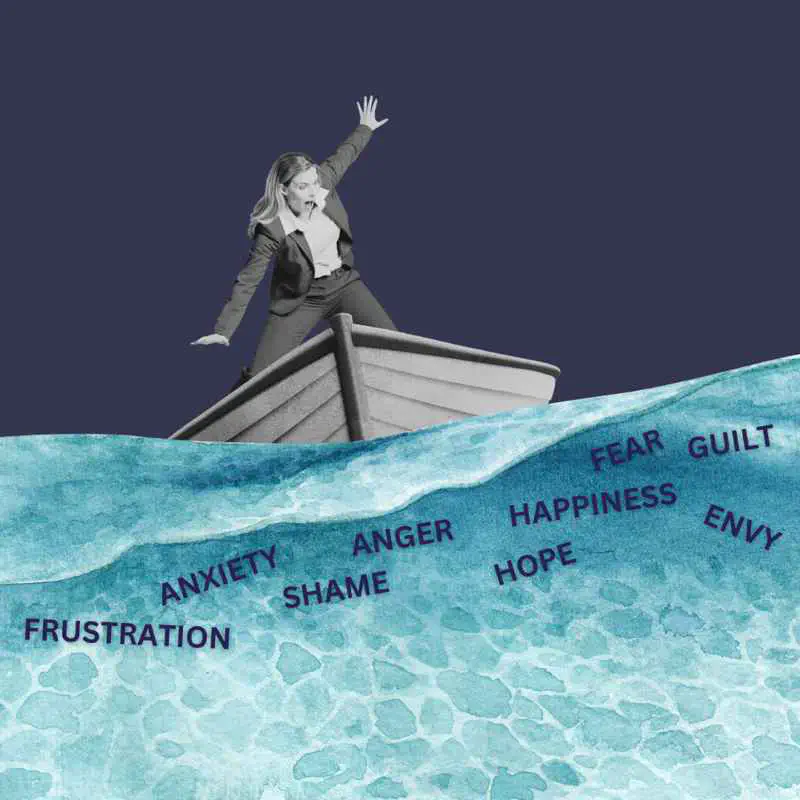Dialectical Behavior Therapy (DBT) Skills Group for BPD
Group Type: Therapy Group
Goals of the Group:
- To equip participants with skills to manage their emotions
- To improve interpersonal relationships
- To enhance distress tolerance
- To cultivate mindfulness
- To empower individuals to identify and understand their emotions
- To develop healthier coping mechanisms
- To communicate effectively in relationships
- To impart DBT skills encompassing mindfulness, distress tolerance, emotion regulation, and interpersonal effectiveness
Who Is The Group For?
- Individuals who struggle with Borderline Personality Disorder (BPD)
- Individuals seeking a supportive safe space to explore and understand better their psychic and emotional experience
- Individuals struggling with emotional dysregulation, unstable relationships, impulsivity, identity disturbances, and recurrent self-harming behaviors
- Individuals seeking support, skills, and strategies to effectively manage BPD symptoms and improve their overall quality of life using DBT
Discussion Topics:
- Introduction to DBT and BPD
- Mindfulness skills
- Interpersonal effectiveness skills
- Emotion regulation skills
- Distress tolerance skills
What Will We Talk About?
- Understanding Borderline Personality Disorder and the bio-social theory
- Basics and assumptions of DBT
- Core mindfulness, interpersonal effectiveness, emotion regulation, and distress tolerance
- Chain Analysis and Missing Link Analysis as a tool to understand our behavior
- States of mind and introducing Wise Mind
- Overview of Interpersonal Effectiveness Skills
- Goals of emotion regulation and distress tolerance
Glimpse of the Session:
Session 1 & 2: Introduction & General Skills
- Introduction and setting ground rules
- Understanding Borderline Personality Disorder and the bio-social theory
- Understanding basics and assumptions of DBT
- Briefly introduce the components (core mindfulness, interpersonal effectiveness, emotion regulation and distress tolerance)
- Introduce Chain Analysis and Missing Link Analysis as a tool to understand our behavior
Session 3: Mindfulness Skills
- States of mind and introducing Wise Mind
- “ What” skills (observing, describing, participating)
- “How” skills (non-judgmentalness, one mindfulness, effectiveness)
Session 4: Interpersonal Effectiveness Skills
- Overview of Interpersonal Effectiveness Skills
- Obtaining objectives skill-fully
- Building relationships
- Walking the middle path
Session 5 & 6: Emotion Regulation Skills & Distress Tolerance Skills Emotional Regulation
- Goals of emotion regulation
- Understanding and naming emotions
- Changing emotional responses
- Reducing vulnerability to emotion mind
Distress Tolerance Skills
- Goals of distress tolerance
- Crisis survival skills
- Reality acceptance skills




